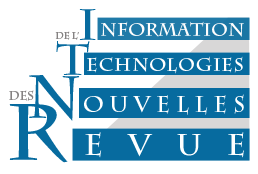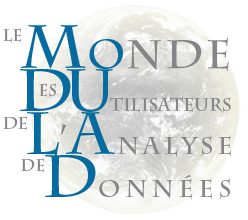Interopérabilité sémantique libérale pour les services et les objets
In EGC 2017, vol. RNTI-E-33, pp.81-92
Abstract
RDF aims at being the universal abstract data model for structured data on the Web. However,
the vast majority of web services consume and expose non-RDF data, and it is unlikely
that all these services be converted to RDF one day. This is especially true in the Web of
Things, as most RDF formats are textual while constrained devices prefer to consume and
expose data in binary formats. In this paper, we propose an approach to make these services
and things reach semantic interoperability, while letting them the freedom to use their prefered
formats. Our approach is rooted in the Web architecture principles and the Web of linked data
principles, and relies on the definition of RDF presentations. Supposing a RDF presentation
is identified by a IRI and dereferenceable on the Web, we discuss what it takes for a client/
server to be able to discover how a message content can be interpreted as RDF, generated
from RDF, or validated. We propose practical solutions to direct RDF presentation discovery
and negotiation. Using these principles, we show how existing services and things can be made
interoperable at low cost on the Semantic Web

